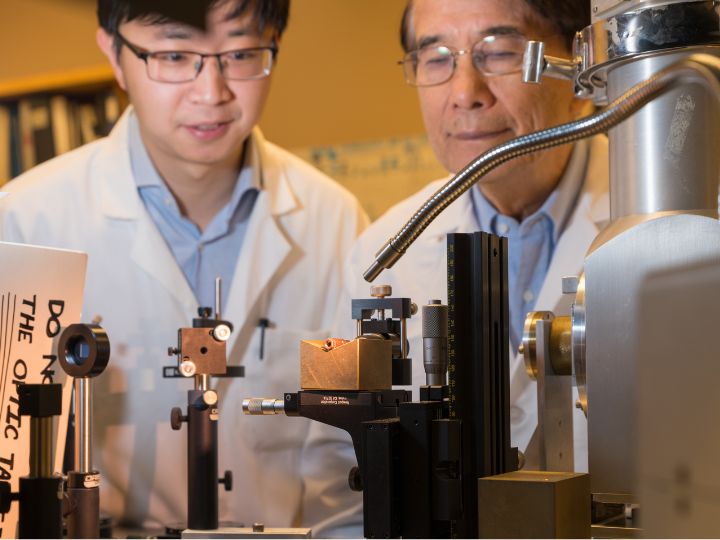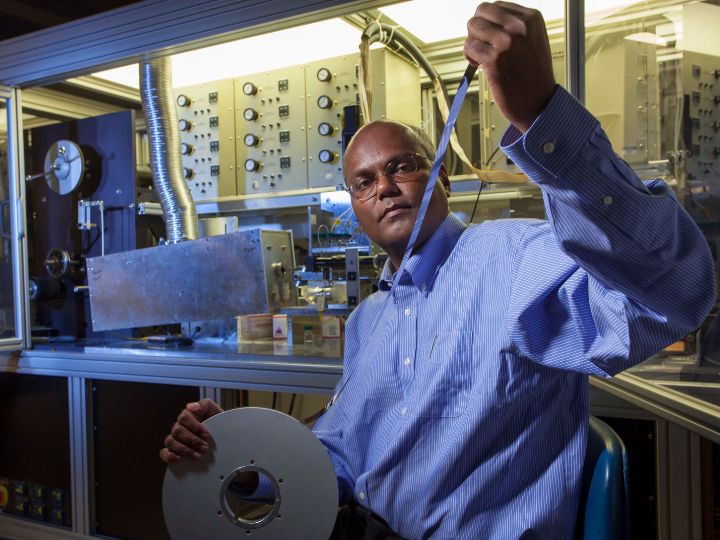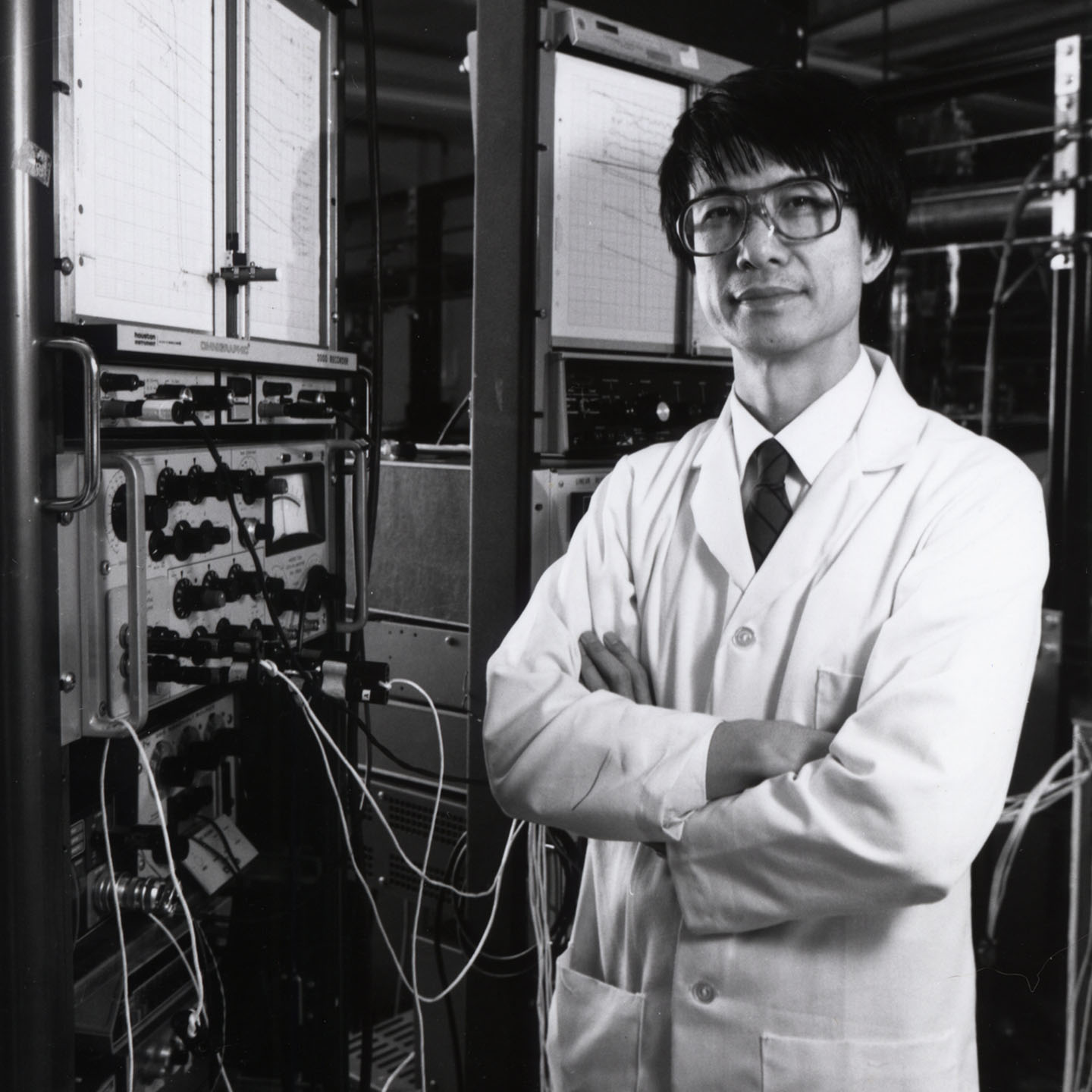
The University of Houston has long been at the forefront of superconductivity research, pioneering advancements that have the potential to reshape the future. The University’s 2024-25 national commercial highlights this legacy of scientific innovation. Produced by the Division of University Marketing and Communications, the commercial features the groundbreaking work of Professor Paul C.W. Chu and his colleagues.
In 1987, Professor Chu led a research team that discovered the first compound capable of acting as a superconductor at a temperature above the boiling point of liquid nitrogen. This was a pivotal moment in science, setting the stage for advancements that continue to evolve today. The discovery led to the establishment of the Texas Center for Superconductivity at the University of Houston, where researchers continue to push the limits of what is possible.
“The work our researchers are doing to advance superconductivity holds the promise of revolutionizing the way we live,” said Lisa K. Holdeman, UH vice president for marketing and communications. “These advancements are making a real difference in people’s lives globally across sectors. This is a story worth sharing, which is why we chose it as the centerpiece of our national commercial.”
What is superconductivity, who discovered it and why is it significant?
Superconductivity is the ability of certain materials to conduct electrical current with almost no resistance. Before Paul Chu’s discovery, this phenomenon was only observed in materials cooled to 39 K. Chu’s discovery of a material that acts as a superconductor at higher temperatures was a game-changing development in the field.
How can it be used?
Superconducting materials have a wide range of applications, from wires for power cables and generators to powerful magnets used in medical imaging and transportation.
Who discovered it?
Superconductivity was first discovered by Dutch physicist Heike Kamerlingh Onnes and his team in 1911.
Superconductivity is the ability of certain materials to conduct electrical current with almost no resistance, or energy loss, a phenomenon with vast implications for society. Today, UH researchers are working on projects that are enabling more efficient power transmission, faster and more reliable transportation systems, and groundbreaking advancements in medical diagnostics through more powerful imaging technologies.
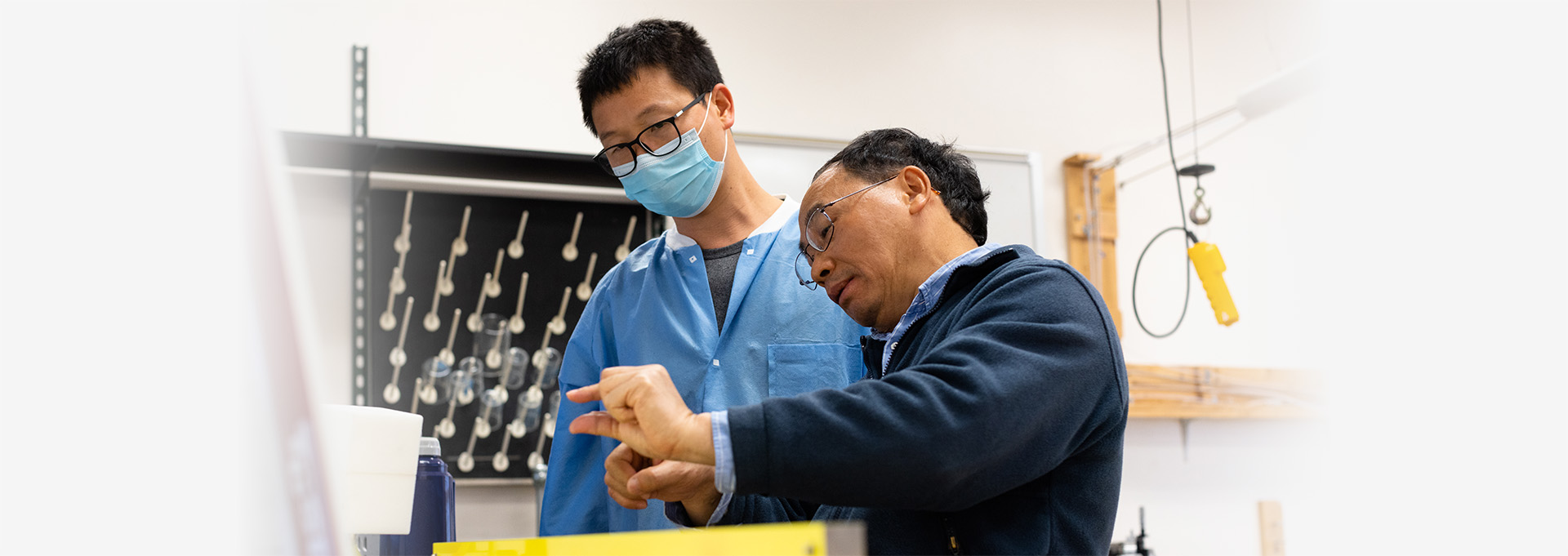
University of Houston researcher Zhifeng Ren discusses his concept of a superconductor-embedded highway with colleague Shaowei Song. His team has demonstrated proof of concept using a model.
In addition to Chu, UH faculty featured in the commercial include:
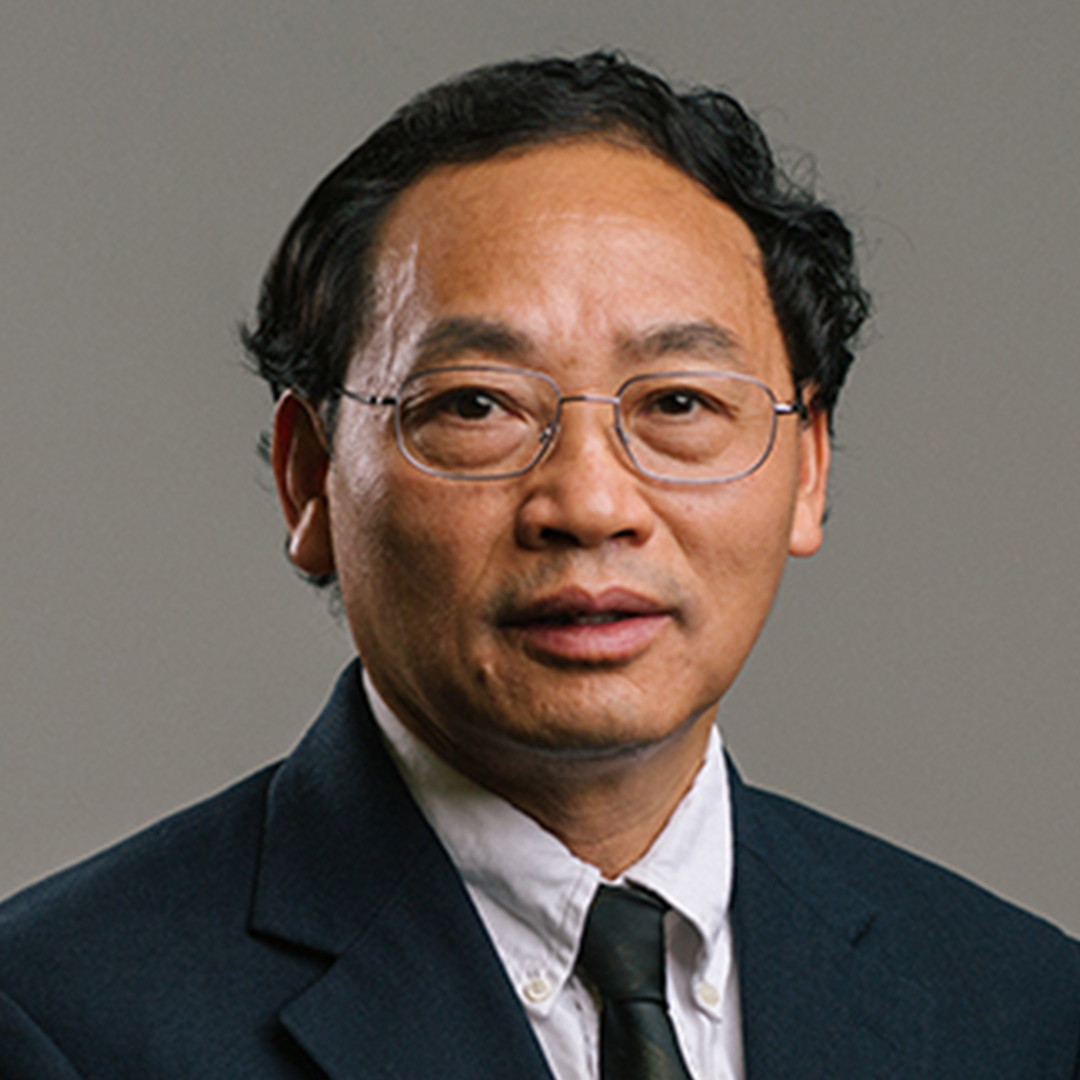
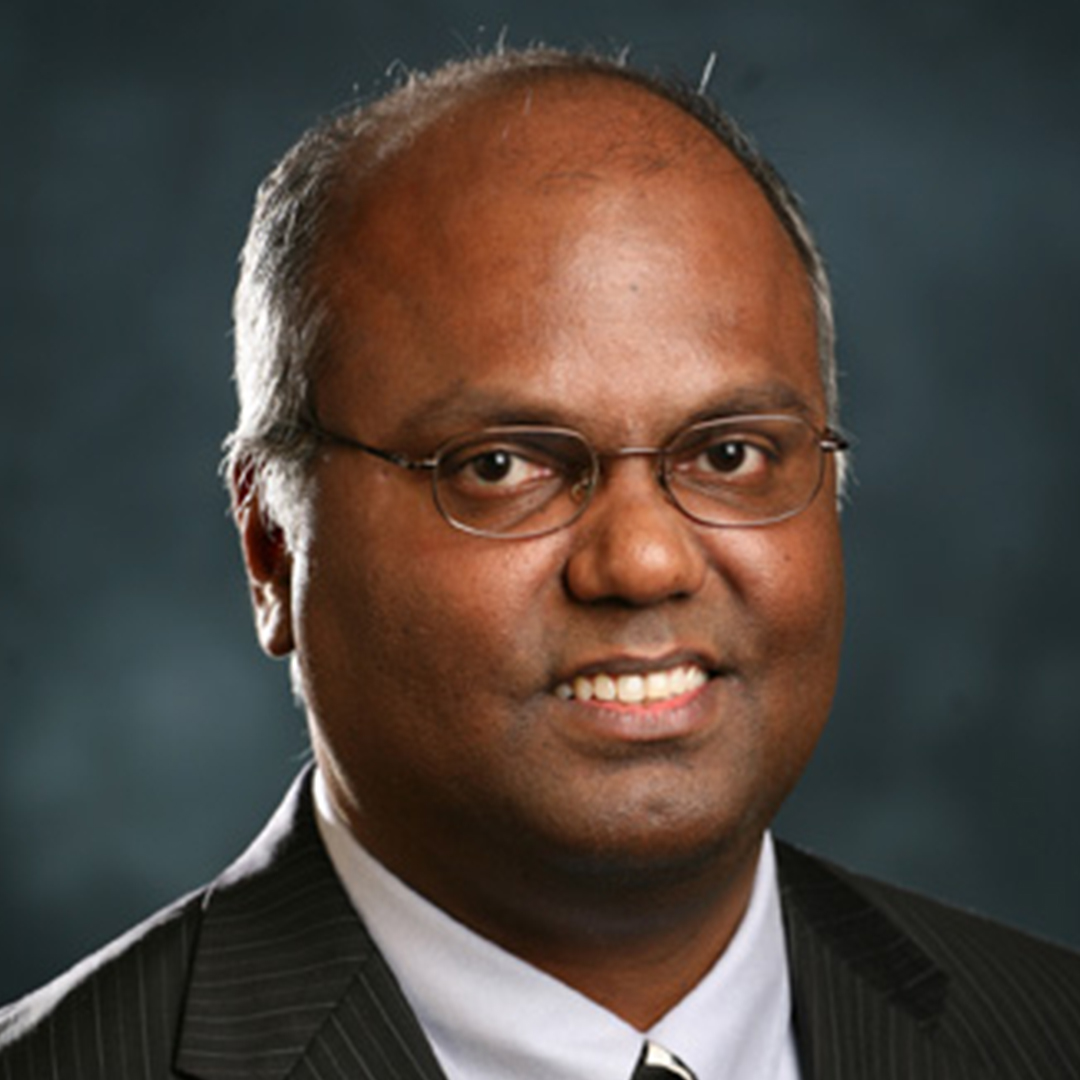
The commercial will debut nationally on Saturday, Aug. 31 during the Houston Cougar football opener against the University of Nevada, Las Vegas, on FS-1. It will continue to air during each televised UH football game and regional and national telecasts featuring UH athletics teams throughout the 2024-25 season.
